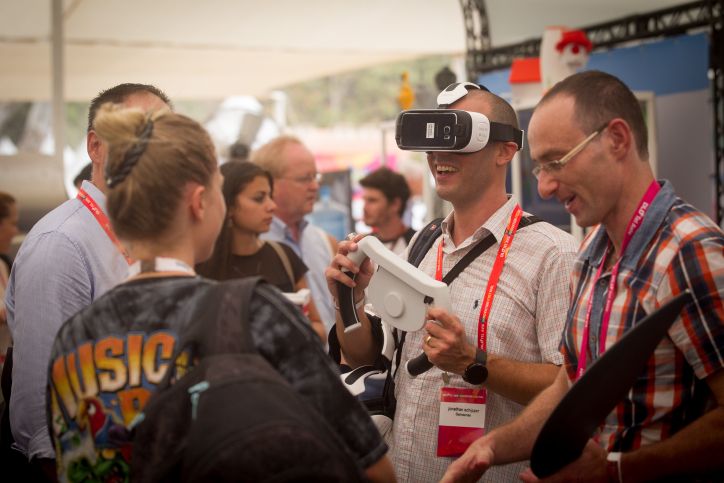Recently, surprising physical effects were observed using special microscopic waveguides for light. Such “photonic structures” currently are revolutionizing the fields of optics and photonics, and have opened up the new research area of “Chiral Quantum Optics”. Physicists from Copenhagen, Innsbruck, and Vienna, who are leading figures in this field, have now written an overview on the topic which just appeared in the scientific journal “Nature”.
What one learns at school is that light oscillates under a right angle (transversal) with respect to its direction of propagation. Among experts, however, it was already known that light behaves differently when it is confined strongly in the transversal plane using so-called “photonic structures”. In particular, this is the case for special ultra-thin glass fibers which have a diameter of only a few hundred nanometers (one nanometer is a millionth part of a millimeter) and which are thereby smaller than the wavelength of light. Also waveguides based on so-called “photonic crystals” (two-dimensional structures with periodically arranged holes) can confine light in this way.
In this situation, the light also oscillates along its propagation direction (longitudinal). The combination of transversal and longitudinal oscillation leads to a rotating electric field which physicist call circular polarization. Without the spatial confinement, the electric field associated with circularly polarized light behaves like the propeller of an aircraft whose axis is parallel to the direction of propagation. “However, in narrow photonic waveguides, the electric field of the light resembles the rotor of a helicopter,” explains Arno Rauschenbeutel from the Vienna Center for Quantum Science and Technology at the Institute of Atomic and Subatomic Physics of TU Wien, Austria. Here, the spin of the light points along the axis of the rotor and is therefore oriented perpendicular to the propagation direction of the light.







